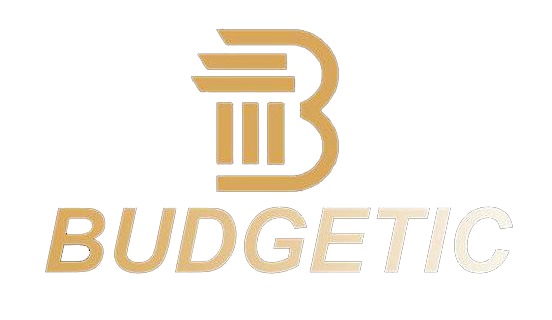What is Ecommerce?
E-commerce, also known as electronic commerce, refers to the buying and selling of products or services over the Internet, as well as the transfer of money and data to execute these transactions. It encompasses all aspects of doing business online, but specifically focuses on the sale of goods and services to consumers.
The History of Ecommerce
The history of ecommerce dates back to August 11, 1994, when the first-ever online sale took place. A man sold a Pitch tape CD-ROM to a friend through his website, NetMarket, marking the beginning of consumer purchases through the internet. Since then, ecommerce platforms have made it easier for products to be found and purchased through online stores and marketplaces.
Types of Ecommerce Business Models
There are four main types of ecommerce business models that describe almost every transaction between consumers and businesses:
- Business-to-Consumer (B2C): Companies sell products or services directly to individual consumers. For example, buying shoes from an online store.
- Business-to-Business (B2B): Companies sell products or services to other businesses. For example, a business selling software-as-a-service to other companies.
- Consumer-to-Consumer (C2C): Consumers sell products or services to other consumers. For example, selling old furniture on eBay.
- Consumer-to-Business (C2B): Consumers sell their products or services to companies or organizations. For example, an influencer offering exposure to the public in exchange for a fee.
Examples of Ecommerce
Ecommerce can take various forms, depending on the transactional relationships between businesses and consumers:
- Retail: Companies sell goods directly to customers without intermediaries.
- Wholesale: Products are sold at wholesale prices to dealers, who then sell directly to consumers.
- Drop-shipping: Goods are sold, which are manufactured and provided by third parties.
- Crowd-funding: Cash is collected from consumers before the product is released to attract initial capital.
- Subscription: Automatic repurchase of a product or service on a regular basis until the subscriber chooses otherwise.
- Physical products: Material items that require physical delivery to fulfill client orders.
- Digital products: Downloadable files, digital goods, templates, courses, or media that can be purchased or licensed for use.
- Services: Skills and abilities offered in exchange for a fee. Time-based services may also be purchased.
Start Your Online Business With Budgetic
If you’re looking to start your own online business, Budgetic can help. We offer complete website packages that include domain, hosting, and everything you need to create an attractive and responsive website for your brand. With a website, you can increase sales, manage customers, products, and orders easily, and maintain records of everything. We can even set up automatic order details and invoice sending, create coupon codes, and provide ongoing support.
Contact us today to get started on your website creation journey. Visit this link https://budgetic.pk/ecommerce/ to learn more about our packages and services.



